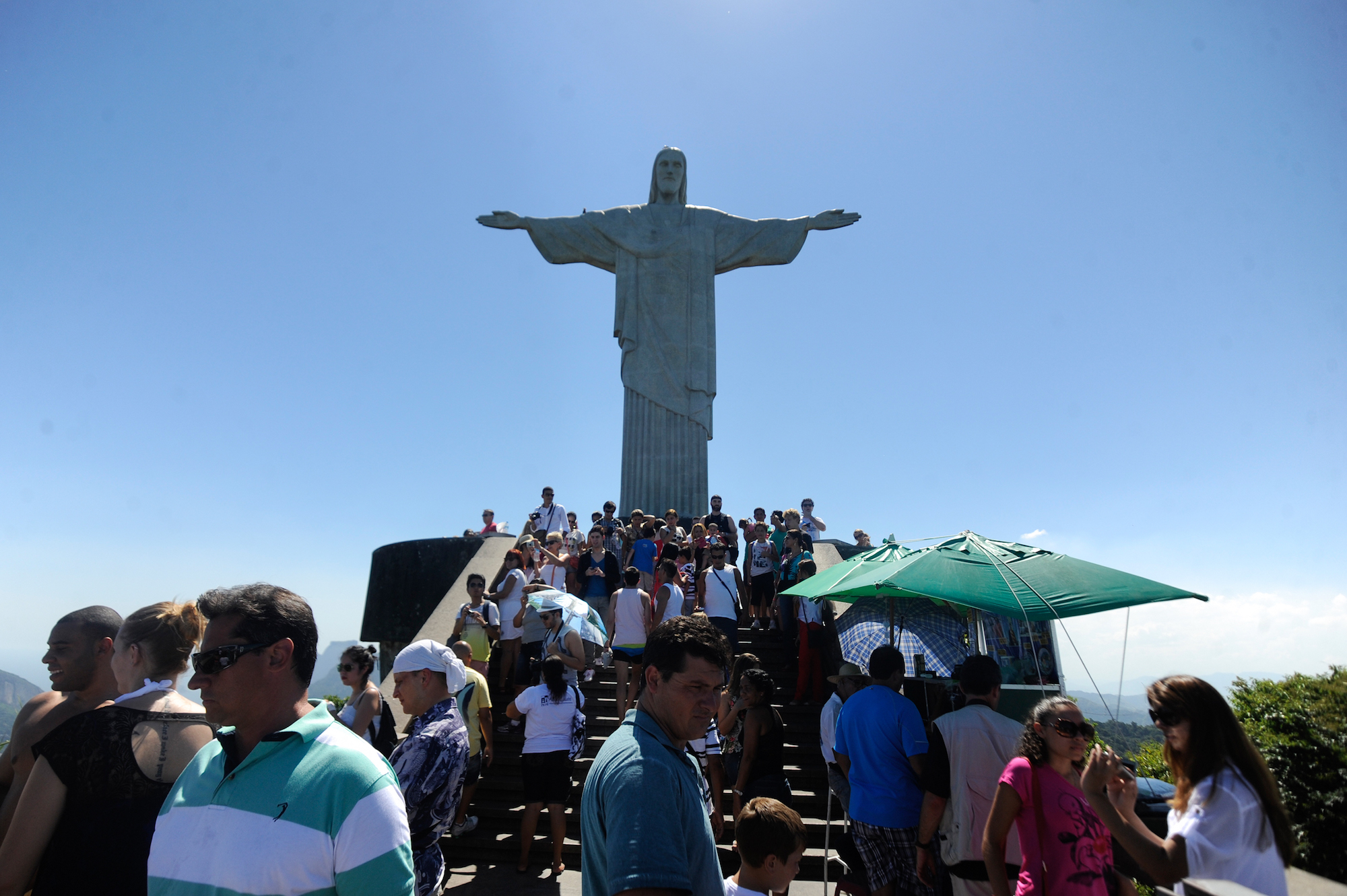SÃO PAULO, BRAZIL – Brazilian tourism lost R$41.6 (US$7.6) billion between the months of March and September 2020, the period of the Covid-19 pandemic in the country. The figure represents a 44 percent drop in revenues compared to the same period last year, according to a survey by the Federation of Goods, Services and Tourism of the State of São Paulo (FecomercioSP). The downturn is mainly driven by the air transport sector.

In September, tourism posted its worst result for the month since official records began in 2011 with a turnover of R$8.6 billion. The figure is 37.6 percent lower than in the same period of 2019, representing a shortfall of R$5.2 billion. Still according to FecomercioSP, the downturn is similar in percentage to the year-to-date, in which national tourism has seen its turnover drop by 34.1 percent.
The loss in September was driven by the air transport sector, which invoiced 64.6 percent less than in the same month in 2019. Despite the substantial figure, there is some optimism in this scenario, given that the drop has been higher in recent months. For instance, in August it reached 68.8 percent and in July 78.1 percent. This is explained not only by low demand, but also by the 54.5 percent reduction in seat supply in the period, according to the National Civil Aviation Agency (ANAC).
Similarly, there was a sharp drop in revenue for lodging and catering services (-37.3 percent) and for cultural, sports and recreational activities (-24.4 percent). Car rental companies lost 14.8 percent of their revenues compared to September 2019, but are now recording their full fleet rented during some weekends in different cities across the country.
According to FecomercioSP, the most concerning aspect is that, unlike sectors such as trade and services, which have been rebounding since the start of the second semester this year, tourism is showing no signs of a recovery. As a result, the Federation advocates the need for an expansion of credit to companies in the sector, mainly through the assistance of government programs.
However, data from a separate Federation survey show that almost one-third of people (31 percent) want to travel after the pandemic is over – indicating a repressed demand waiting for conditions to be met. FecomercioSP therefore suggests that entrepreneurs in the sector keep their digital channels active. It also recommends adjusting reservations and flows in response to tourists’ search for locations with cancellation or rescheduling flexibility, as well as the option of refunds.

